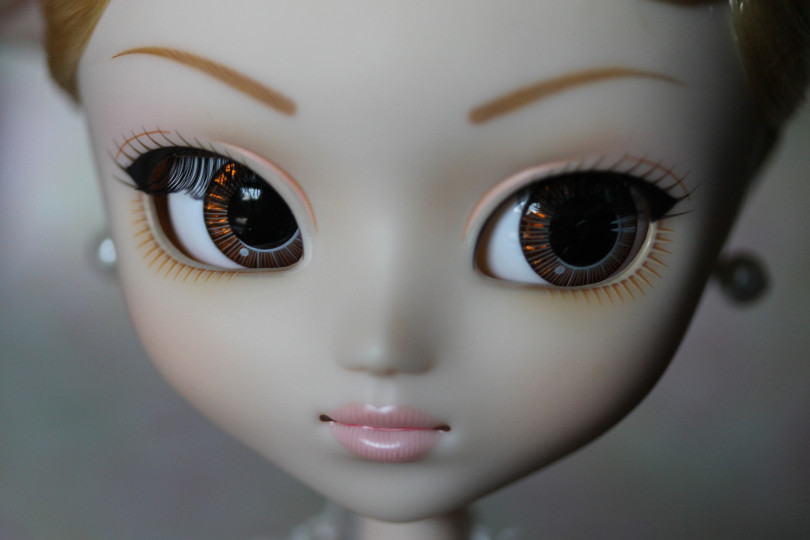What’s Going On?
Facial recognition software can identify people on photos and video that may have been taken without their knowledge or in private contexts. It makes “tagging” photos easier, but can also be used for surveillance, targeted commercial marketing in public, or (gasp!) discovering embarrassing childhood photos.
It could be illegal to collect facial (biometric) data without a person’s consent, but it has yet to be proven or stated in laws in most places. In the meantime, the most fool proof solution could be to wear image scrambling glasses like those under development by researchers at Japan’s National Institute of Informatics (NII).
In June, privacy groups in the United States walked out of a government process to introduce a voluntary code of conduct for businesses using facial reading technology, saying companies refused to agree to getting consent from consumers.
In Illinois, both Facebook and Shutterfly are being sued over whether its legal to automatically tag facial images without consent. And last year, European regulators demanded that Facebook turned off automatic facial tagging in Europe.
Can I Help?
Check your Facebook and Google settings to see whether you have opted in or out of facial recognition. See whether privacy groups in your country are following this issue and whether their are opportunities for new court cases or laws. Help raise awareness about how pervasive facial recognition software will be, without regulation or guidelines for proper use. Be aware of the technological capabilities to use photos of you or your friends in ways you may not have intended.



Leave a Comment